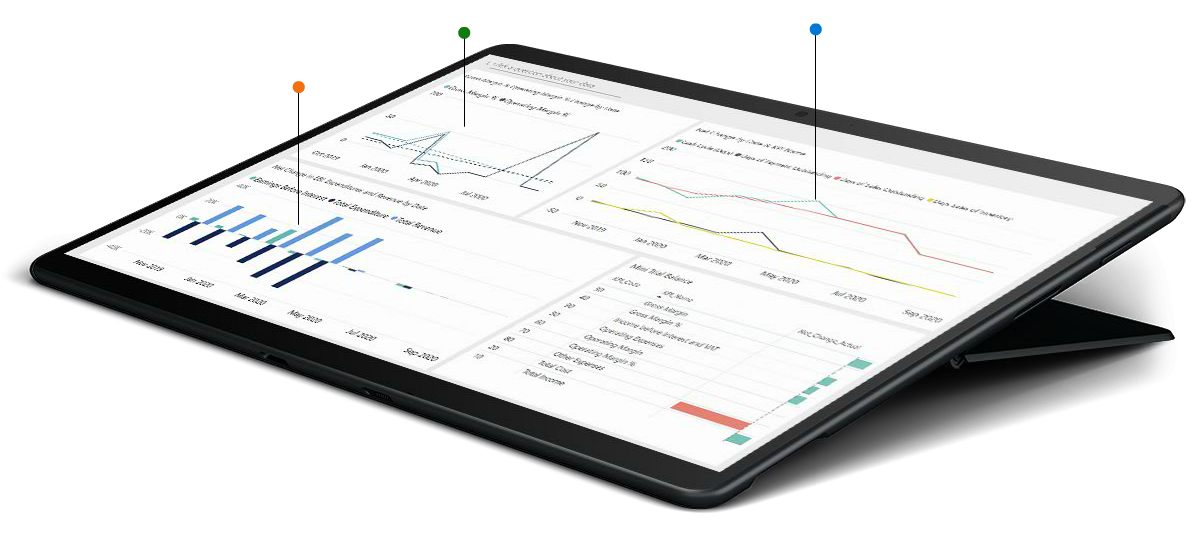Enterprise Resource Planning (ERP) has come a long way since the 1990s. It witnessed a significant change when the companies were able to introduce ERP with real-time features. The data that was entered into the system would automatically update the database and the reports that were produced to provide key business metrics.
ERP manages key business processes vis-à-vis Human Resource Management, Source to Pay, Record to report, Lease management, planning, forecasting, budgeting, planning, and forecasting. The ERP databases store all the data and the workflows associated with these business processes that are then maintained by an enterprise applications team.
But the digital disruption has led companies to change their workflows. And Artificial Intelligence (AI) and Machine Learning (ML) have a lot of share when it comes to revolutionizing the way the software operates and functions within organizations. But the ERP software available in the market today is quite different from their legacy counterparts used even five years back.
Here is how AI and ML have enhanced the ERP software and manufacturing operations.
Simplifying Immense Data
When you work in a big firm, it is evident that the amount of data is also quite huge, which keeps on increasing daily. And making sense of this data is a herculean task. With all the information about the customers, their behavior, and the organization’s processes, it is challenging to keep pace with the data and draw useful insights from it. You can feed data into powerful AI algorithms when AI and ML are integrated within your cloud ERP software. This will help you identify patterns in your workflow and operations which go unnoticed otherwise.
Enhanced Marketing Solutions
Useful customer insights like demographics, gender, buying behavior, etc. can be derived through powerful AI and ML solutions. This data helps identify the customer’s requirements beforehand. AI enables businesses to discover market opportunities and customer segments that can be a prospective target audience. The data insights provided by ML help in recognizing potential markets that may have been overlooked before. This opens up new opportunities in new markets and also improves the company’s visibility and revenue.
Foreseeing Problems and Solving them
It is good to be careful than to find a solution later. This approach helps a lot in business. ERP system embedded AI, not only identifies the problems that exist in the workflow but also help predict the problem before it occurs. Whereas MI helps in pointing out manufacturing units that might turn out to be faulty after a few production cycles. This information can be used to channelize the processes and schedule the manufacturing tasks such that the production is not compromised. Hence, AI with ERP manufacturing software helps in proactively solving the pro\blems before they harm the existing business operations.
Unparalleled User Experience
Useful information about customer interactions can be derived when the cloud ERP solution is powered by AI. This generates ample customer data, enough to help in identifying their buying patterns. Insights on products that are high in demand, the session times, and the frequency of your customers. This information helps to streamline the production units and resources to meet the demand at a more accurate and finite level. AI helps in forecasting the demand so that the customers’ demands are satisfied without putting them on hold. This not only enhances the under experience but also builds more trust with the customers. An improved experience of interacting with your brand ensures customer loyalty.


